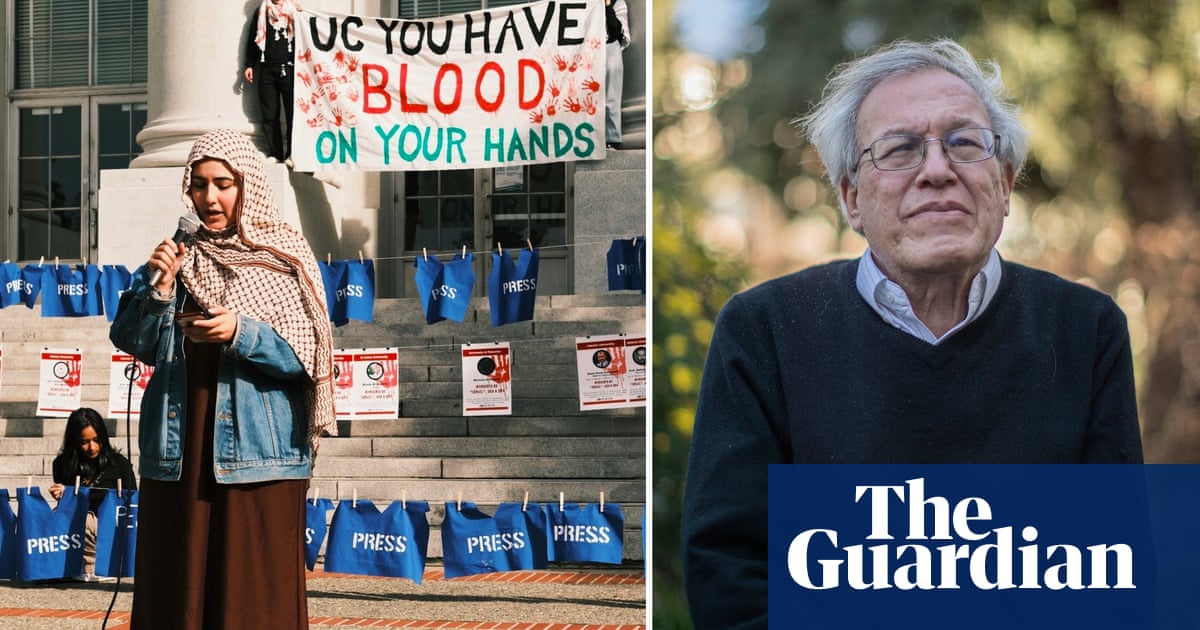
Elon Musk really wants you to believe that Twitter is relevant beyond the narrow confines of social media. Since the billionaire completed his takeover of the company as an owner and CEO, it has been a rough time for Twitter. Advertising revenue has plummeted (but may be stabilizing) as Musk outlines his bold “free speech maximalist” vision for the company. Prominent users have been migrating to other social media platforms.
In a possibly desperate attempt to remind the public of Twitter’s utility, Musk is opening up the company’s internal archives to select journalists. The materials, released as “The Twitter Files,” show what Musk claims to be targeted censorship of high-profile conservative accounts and the suppression of major political stories, such as the Hunter Biden laptop saga. While the information is undoubtedly a peek behind the curtain at Twitter, how the files are released (and by whom) raises more serious questions than the wrongdoing they show.
Twitter is not even close to the world’s most popular social media platform, but it is incredibly influential, given the number of journalists who use it to break important news. For years, conservative voices in the US have claimed that Twitter was shadow-banning their content and deliberately suppressing their perspectives. They claim this was because the company was run by liberals close to the Democratic Party. The Twitter Files show that deliberate actions were taken to muffle the reach of some conservative accounts. The files also show there were high-level discussions to limit the reach of the Biden laptop story ahead of the 2020 US presidential election.
Twitter was a publicly traded company when these actions were taken and so free speech protections such as the First Amendment did not necessarily apply. If the company determines that specific content is in violation of its terms of service, it is free to remove it and/or ban accounts responsible for the content. It is not a First Amendment issue. The company is also free to shadow-ban or deliberately suppress any account it wishes. The fact that our society gave so much importance to the platform says more about our relationship with private technology companies than the health of free speech in America.
That being said, it is good that we have a deeper look into how Twitter used to handle essential content decisions. Similar conversations are happening at other major technology companies, such as Facebook, Apple and Google, all the time. Where The Twitter Files falls down is in how Musk has chosen to release this story.
Two journalists, Matt Tabbi and Bari Weiss, were given unprecedented access to Twitter’s internal systems. Both journalists were reportedly given company laptops, access to Twitter’s internal Slack account and even access to Twitter’s backend systems. The fact that Musk selected Weiss as one of the journalists to break a story about censorship is exceptionally ironic, given her history.
Before becoming an editor and opinion writer at publications such as The Wall Street Journal, Tablet and The New York Times, Weiss was a pro-Israel student organizer at Columbia University who worked tirelessly to suppress academic freedom for Palestinian and Arab scholars. When she was appointed as an opinion writer at The New York Times, journalist Glenn Greenwald wrote that “her relatively short career as a writer and activist has been overwhelmingly devoted to one issue: A defense of the Israeli government and a corresponding smear campaign against its critics. Her targets have tended overwhelmingly to be Muslim and/or Arab, often in the context of campus politics.” Her central claim to fame as an activist was a relentless but unsuccessful campaign to get Prof. Joseph Massad denied tenure at Columbia University for his views on Israel.
Weiss eventually left the Times, denouncing what she labeled as growing left-wing intolerance for dissent. She recently started her own media outlet and focused on “anti-woke” political rhetoric that often touches on favorite topics of the alt-right. No wonder she was chosen to roll out The Twitter Files, given Musk’s embrace of similar views.
It is, however, absurd for someone with a well-documented track record of suppressing Palestinian voices to be a champion of free speech. Her long record of intolerance for Palestinian dissent raises unavoidable questions about her ability to champion free speech. We should not take seriously journalists that selectively champion free speech. You are either for it or against it. Weiss’ actions over the past two decades place her firmly in the latter camp, no matter how much she detests so-called woke liberals.
Journalists are now asking questions of Musk and Weiss about her access to the direct messages of Twitter users. She shared several screenshots of Twitter’s internal systems that suggested she had access to direct messages. If that is the case, Palestinian activists that have used this function have cause for concern. Weiss and Musk had not answered questions about her access status at the time of writing.
The fact that Musk selected Weiss as one of the journalists to break a story about censorship is exceptionally ironic, given her history.
Joseph Dana
An unavoidable blind spot of The Twitter Files is how it ignores Palestinian activists and antiwar leftists being shadow-banned on the platform for far longer than conservative voices. Musk wants the public to think that Twitter’s “hyper-woke” leadership picked on conservatives and that is the whole story. It is not. Palestinians have documented censorship on social media since these platforms rose to prominence nearly two decades ago. While Musk loves the ability to use the Twitter leaks to demonstrate the limits of wokeness in America, he has reportedly demanded employees sign new nondisclosure agreements saying that they will not leak anything the company is doing now.
Once again, Palestinians represent the ultimate blind spot in the global debate about censorship. By selecting Weiss as one of the emissaries of Twitter’s new maximalist free speech branding, Musk is showing that he is not really serious about free speech. It is all about power and shaping the political debate how he sees fit.
Joseph Dana is the former senior editor of Exponential View, a weekly newsletter about technology and its impact on society. He was also the editor-in-chief of emerge85, a lab exploring change in emerging markets and its global impact. Twitter: @ibnezra Copyright: Syndication Bureau












